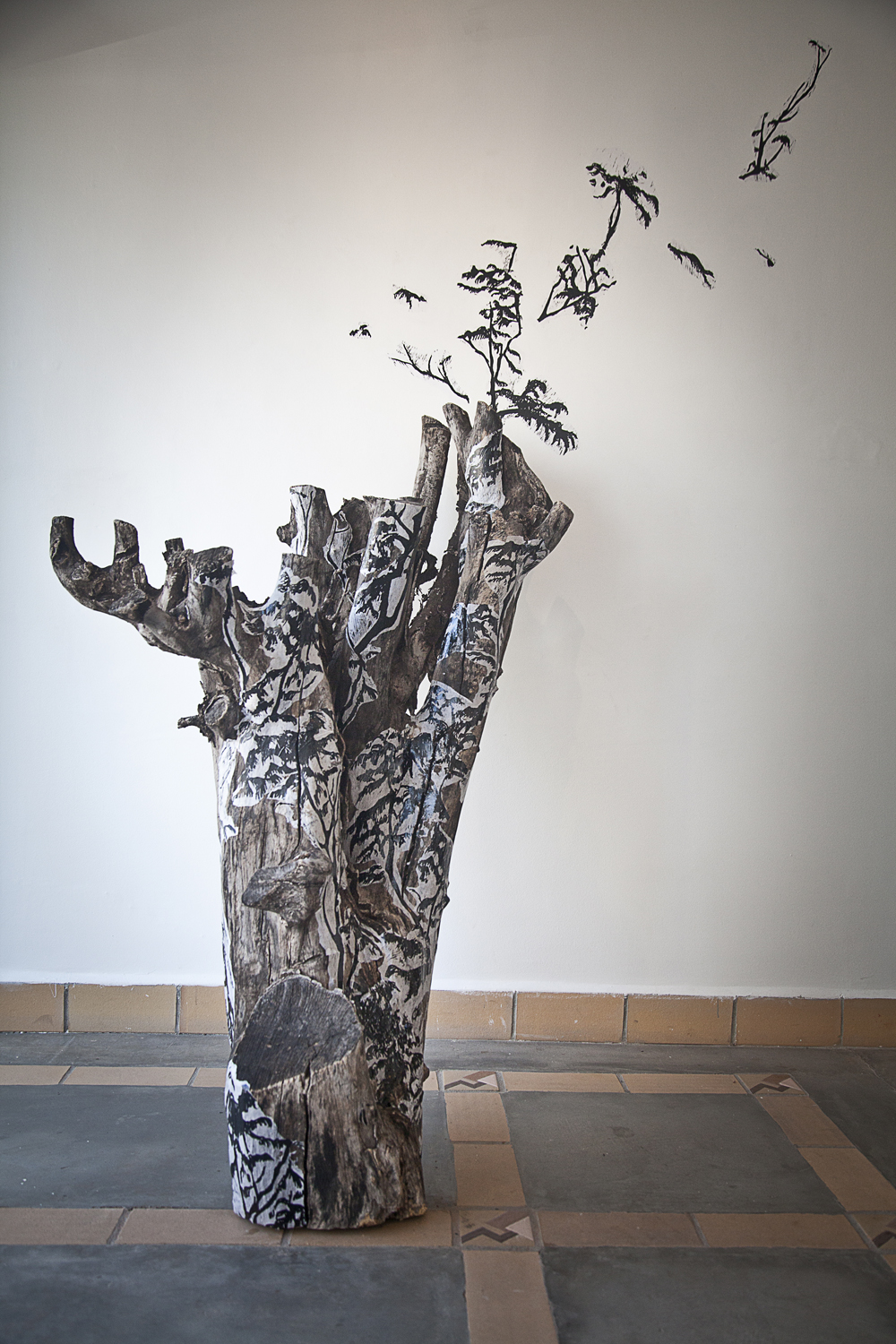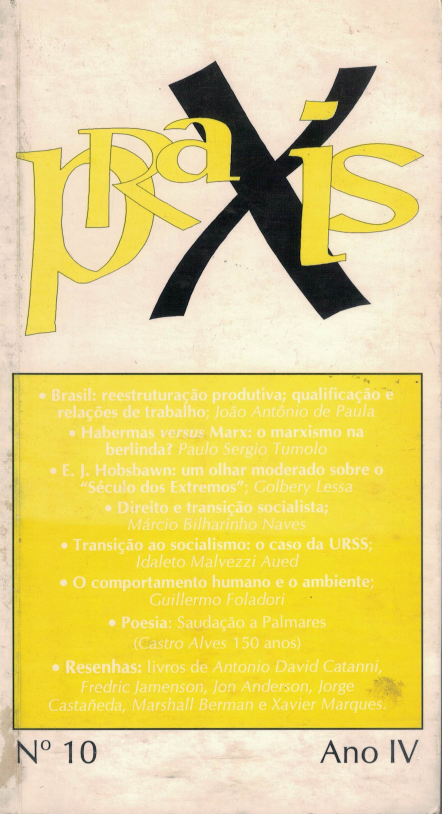Towards a feminist and dialetic analysis of neoliberal globalization: the weight of the military-industrial complex on «global women»
Keywords:
Industrial-military complex, Militarization, Globalization, Neoliberalism, Feminism, GenderAbstract
This article examines neoliberal globalization, especially labour market transformations, from a strong gender perspective — a perspective that means both a dialectic study of women and men's occupations, and developping an intersectional approach which weaves together sex, race and class relations. Firstly, the article presents the now classical analysis of global women (nannies, maids and sex workers) in the neoliberal world, suggesting that the growing numbers of global women, who are mainly migrant and unprivileged women of the world, can be characterized as "service women". Secondly, it studies the parallel growth of what I call "armed men", as a complementary trend of the labour market for men. The article suggests that men in arms are both creating and depending on service women, individually and collectively, as part of the military-industrial complex — and that this should be studied more thoroughly. Finally, I suggest that service women and armed men should be studied together, dialectically and historically, and constitute a new paradigm to study the transformation of the labour market caused by neoliberal globalization.

Downloads
Published
How to Cite
Issue
Section
License
Authors who publish in Revista Mouro agree to the following terms:
The. Authors retain copyright and grant Revista Mouro the right to publish.
B. Authors are authorized to assume additional contracts separately, for non-exclusive distribution of the version of the work published in this publication (eg, to publish in an institutional repository or as a book chapter), with acknowledgment of authorship and publication in Revista Mouro.
ç. Authors are allowed and encouraged to publish and distribute their work online (e.g. in institutional repositories or on their personal page) at any point before or during the editorial process, as this can generate productive changes as well as increase impact and the citation of the published work.





